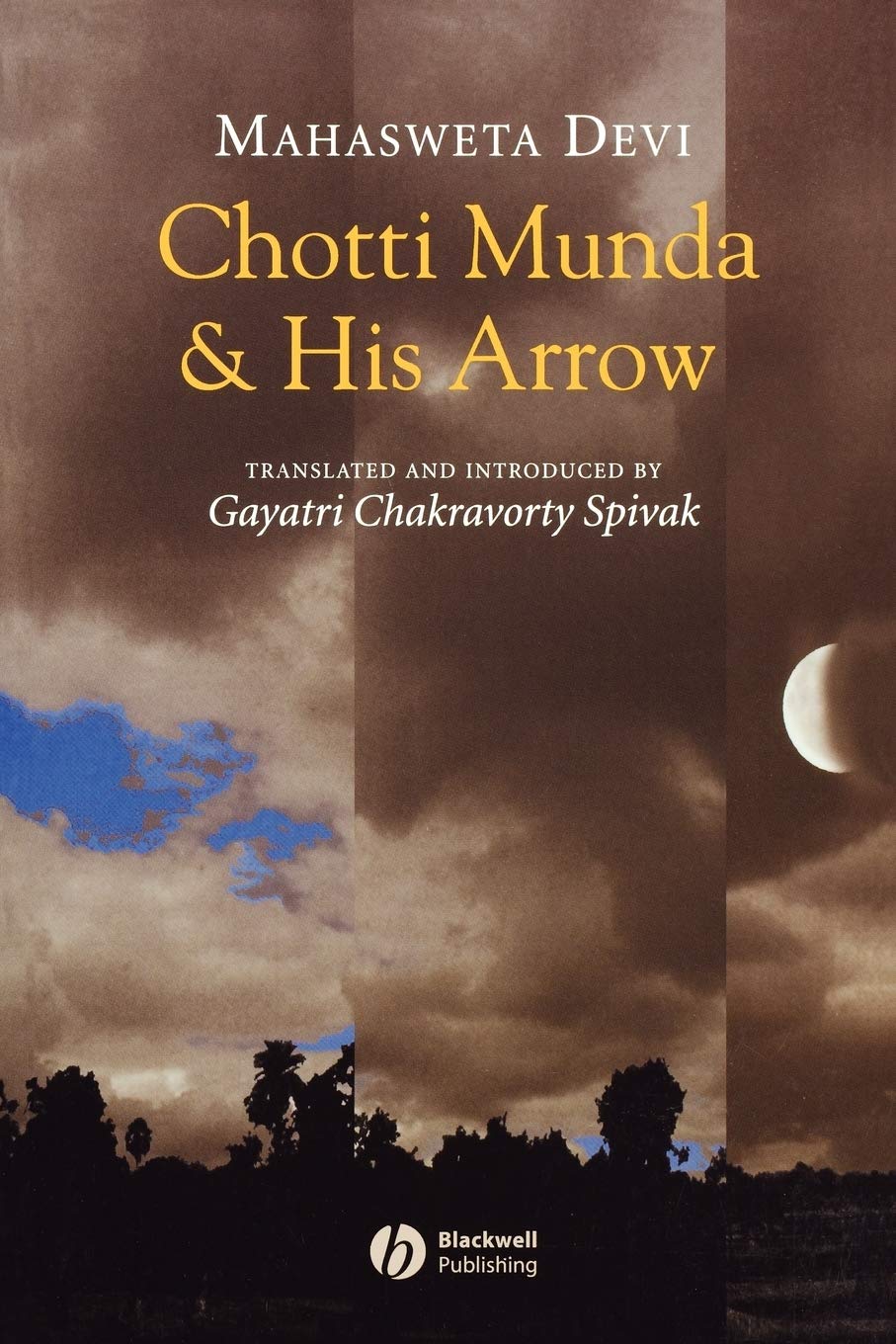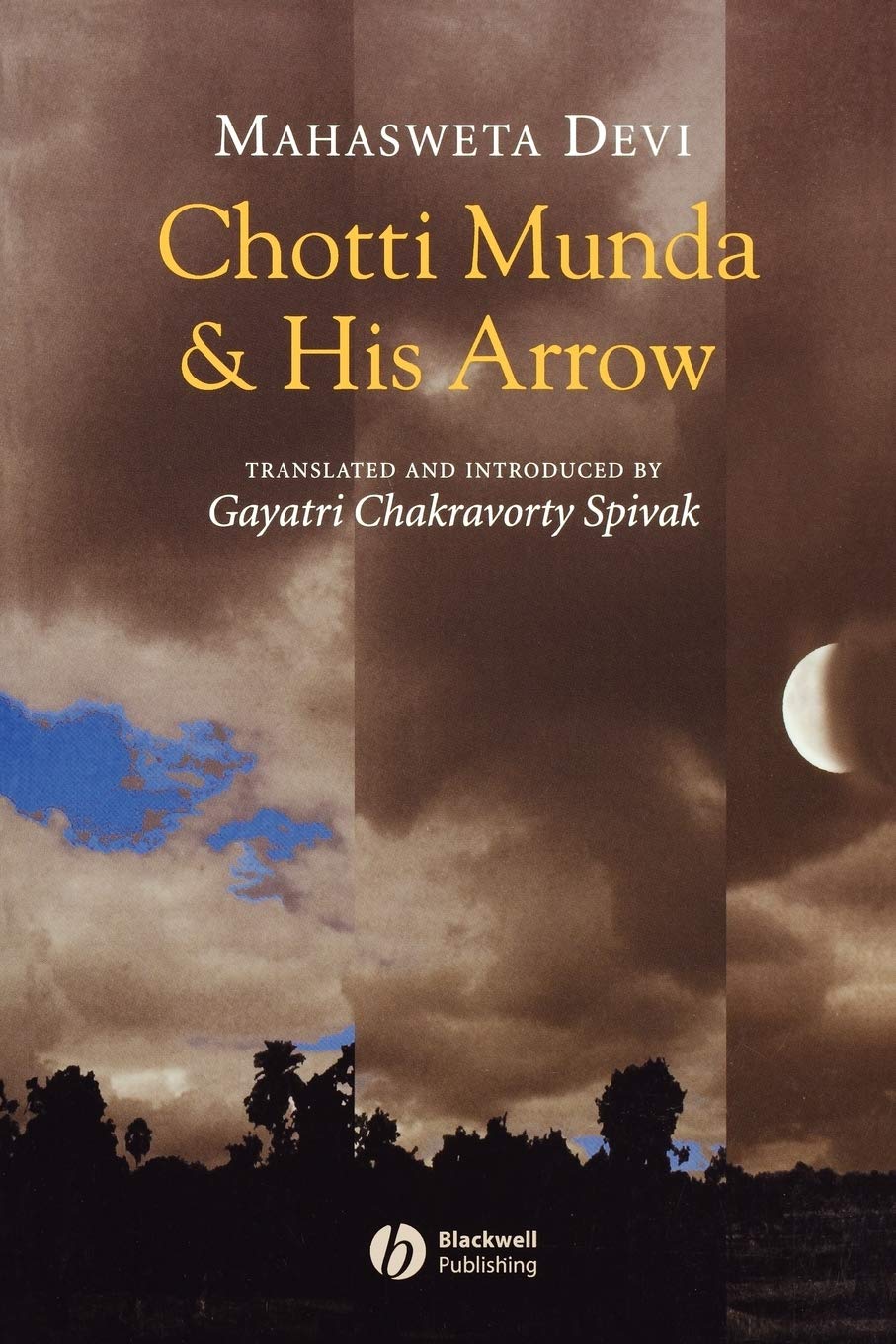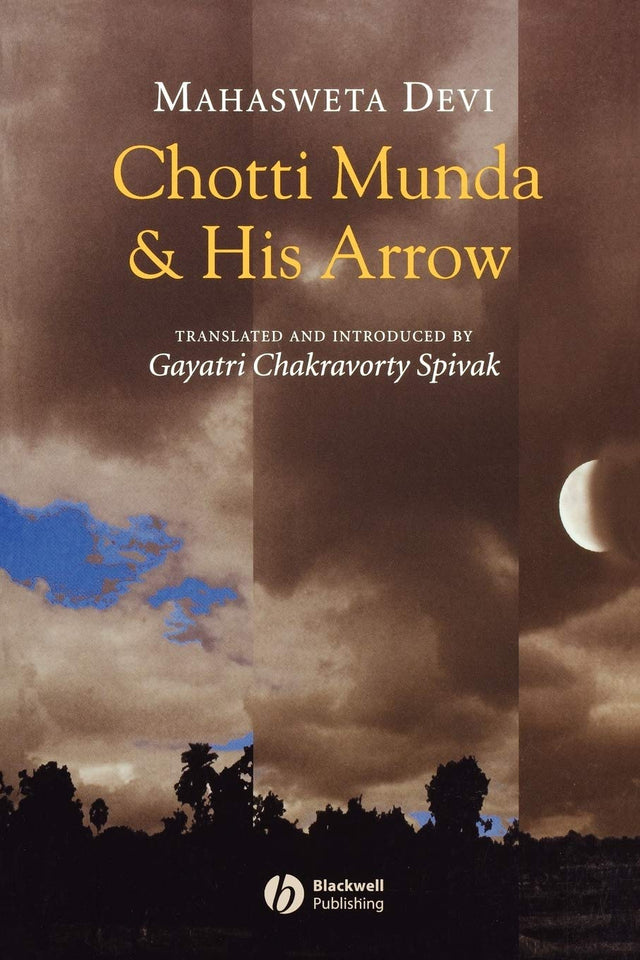Chotti Munda and His Arrow
Chotti Munda and His Arrow is backordered and will ship as soon as it is back in stock.
Couldn't load pickup availability
Genuine Products Guarantee
Genuine Products Guarantee
We guarantee 100% genuine products, and if proven otherwise, we will compensate you with 10 times the product's cost.
Delivery and Shipping
Delivery and Shipping
Products are generally ready for dispatch within 1 day and typically reach you in 3 to 5 days.
Book Details
-
Author: Mahasweta Devi
-
Publisher: Wiley-Blackwell
-
Edition: 1
-
Binding: Paperback
-
ISBN: 9781405107051
-
Number of Pages: 328
-
Release Date: 17-01-2003
-
Language: English
About The Book
Written by Mahasweta Devi, one of India’s foremost novelists, The Arrow of the Blue-Skinned God is a powerful exploration of the transformation of rural India through the lens of its marginalized communities. The novel spans decades in the life of Chotti, a central character whose journey intersects with India's historical trajectory, from colonial rule to independence, and the socio-political unrest of the 1970s. The narrative traces the profound changes in the daily lives of Chotti’s tribe, some brought on by development, others by resistance, while raising crucial questions about the rights of tribal communities, land rights, human rights, and the preservation of ethnic cultures.
Set against a backdrop of national upheaval and development, the book critiques the erosion of indigenous cultures and the growing disintegration of traditional structures. It highlights the struggle of Chotti and his community against the forces of national development and societal change. The Arrow of the Blue-Skinned God asks urgent questions about the role of tribal communities in modern nation-building, as well as the moral dilemmas surrounding violent resistance as a means of preserving cultural identity.
This novel, originally written in 1980 and translated by Gayatri Chakravorty Spivak, stands as a compelling narrative for postcolonial literature scholars, offering profound insights into the intersection of culture, history, and resistance.





